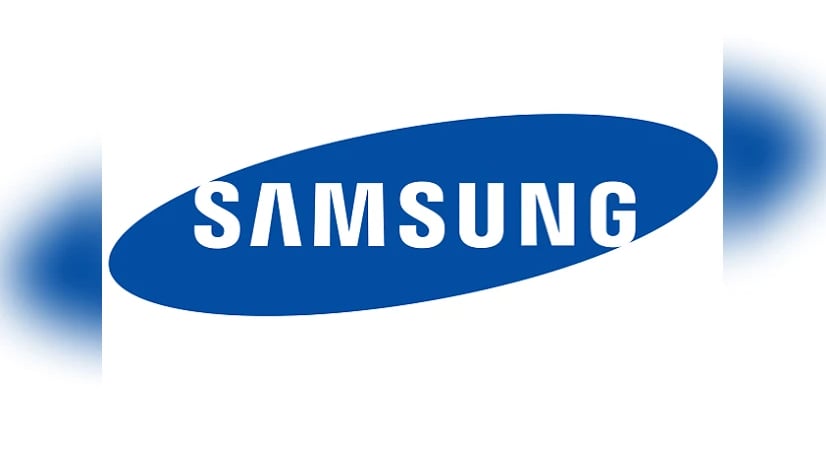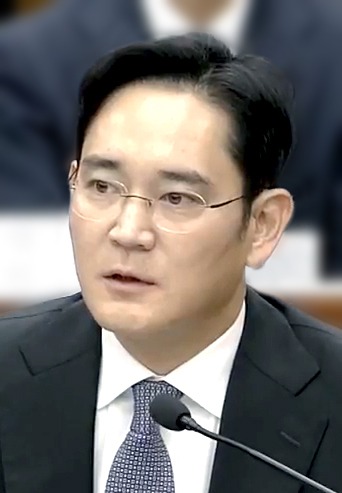South Korea's top court clears Samsung Chairman Lee in 2015 merger fraud case
South Korea’s Supreme Court has delivered a final verdict in one of the country’s most closely watched corporate legal battles. On Wednesday, the court acquitted Samsung Electronics Chairman Lee Jae-yong of all charges related to the 2015 merger between Samsung C&T and Cheil Industries.
TECHNOLOGY
Thinkbrief
7/17/20254 min read


South Korea’s Supreme Court has delivered a final verdict in one of the country’s most closely watched corporate legal battles. On Wednesday, the court acquitted Samsung Electronics Chairman Lee Jae-yong of all charges related to the 2015 merger between Samsung C&T and Cheil Industries. The ruling brings to a close nearly a decade of legal scrutiny and public debate over Lee’s role in the merger and its implications for corporate power in South Korea.
Lee, now 57, had been accused of orchestrating an unfair merger to tighten his control over the Samsung Group. Prosecutors claimed that by manipulating stock prices and accounting figures, Lee gave himself greater influence in the company’s structure at the expense of shareholders. The deal, worth approximately 8 billion dollars, sparked outrage at the time and led to multiple trials over the years.
But the Supreme Court found that while the merger clearly benefited Lee and his family, it did not break any specific laws. The court ruled that the prosecution had not provided sufficient evidence to prove that the merger involved criminal wrongdoing. This decision reaffirms earlier rulings by lower courts and officially ends the legal battle.
A Long Road Through the Courts
The 2015 merger had always been controversial. Many viewed it as a way for Lee to cement his succession in the Samsung empire after his father, Lee Kun-hee, fell ill. Investors and watchdog groups questioned whether the merger was designed more to serve the founding family than the company or its shareholders.
U.S. hedge fund Elliott Management famously tried to block the merger, arguing that the deal undervalued Samsung C&T’s shares and hurt minority shareholders. Despite the protests, the merger went through, and Lee’s influence within the Samsung Group became more consolidated.
Lee’s legal troubles deepened in 2017 when he was arrested in a separate scandal involving former South Korean President Park Geun-hye. He was convicted of bribery and other charges and served 18 months in prison before being released on parole. In 2022, he was formally pardoned by President Yoon Suk Yeol, who said the country needed Lee’s leadership to guide the economy.
Even after his release, Lee continued to face court proceedings related to the 2015 merger. Prosecutors insisted that justice had not yet been fully served. They argued that Lee’s actions had harmed shareholder rights and breached public trust.
But now, with the Supreme Court’s final ruling, Lee has been cleared of all charges related to that case.
What This Means for Samsung
Samsung is more than just a company in South Korea. It’s a national symbol and a major part of the country’s economy. It is South Korea’s largest conglomerate and a global leader in industries such as smartphones, memory chips and electronics. Decisions at the top level of Samsung have ripple effects across the economy.
The end of Lee’s legal troubles is likely to bring more stability and focus to Samsung’s leadership. Investors had long worried that the ongoing trials were slowing down big decisions. Now, with the legal uncertainty gone, Samsung can move forward with long-term strategies more confidently.
The company is facing intense global competition in key areas like chipmaking and artificial intelligence. The tech industry is rapidly changing and Samsung has to keep up. Many experts believe Lee’s full return to leadership will give the company a better chance to compete with rivals such as TSMC, Intel and Apple.
Samsung’s stock jumped more than 3 percent after the court’s decision. That’s a strong signal that the market sees this as good news for the company’s future.
Mixed Reactions Across the Country
Not everyone is celebrating. Critics of the ruling say it highlights the outsized influence of South Korea’s powerful business families. They worry the decision sends the wrong message about corporate accountability and transparency.
Legal scholars and civil society groups have expressed concern that the court may have prioritized economic stability over justice. They argue that even if no laws were broken, the ethical questions around the merger remain unresolved.
Still, public opinion in South Korea is more divided than it once was. While many people once called for stricter punishment of corporate leaders, there is now a growing sentiment that economic security and global competitiveness should take priority. With the economy facing challenges and uncertainty, some believe it’s better to have strong leadership at major companies like Samsung.
Lee’s Next Chapter
With all legal barriers finally removed, Lee Jae-yong is expected to take a more visible role in leading Samsung. Over the past few years, he has kept a relatively low profile, only occasionally appearing in public for business trips or corporate events. Now, he is free to lead without restrictions or distractions.
There are big decisions ahead. Samsung is investing heavily in next-generation technologies like artificial intelligence, quantum computing and advanced chip manufacturing. The company is also expanding its operations in the United States and Southeast Asia to diversify supply chains and reduce risk from geopolitical tensions.
Lee will need to steer Samsung through a complex global landscape while also addressing growing expectations around corporate responsibility and governance. The public will be watching closely to see not just how the company performs, but how it behaves.
A Defining Moment
The Supreme Court’s decision marks a turning point. For Lee Jae-yong, it is a personal and professional victory after years of legal battles and public scrutiny. For Samsung, it opens the door to a new phase of growth and innovation. But for South Korea, the ruling also raises important questions about how justice and power are balanced in a society where business plays such a central role.
What happens next will depend not just on courtrooms or boardrooms, but on how Lee and Samsung choose to move forward in the eyes of the public and the world.

